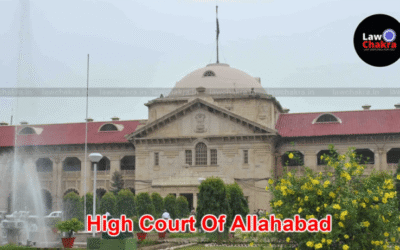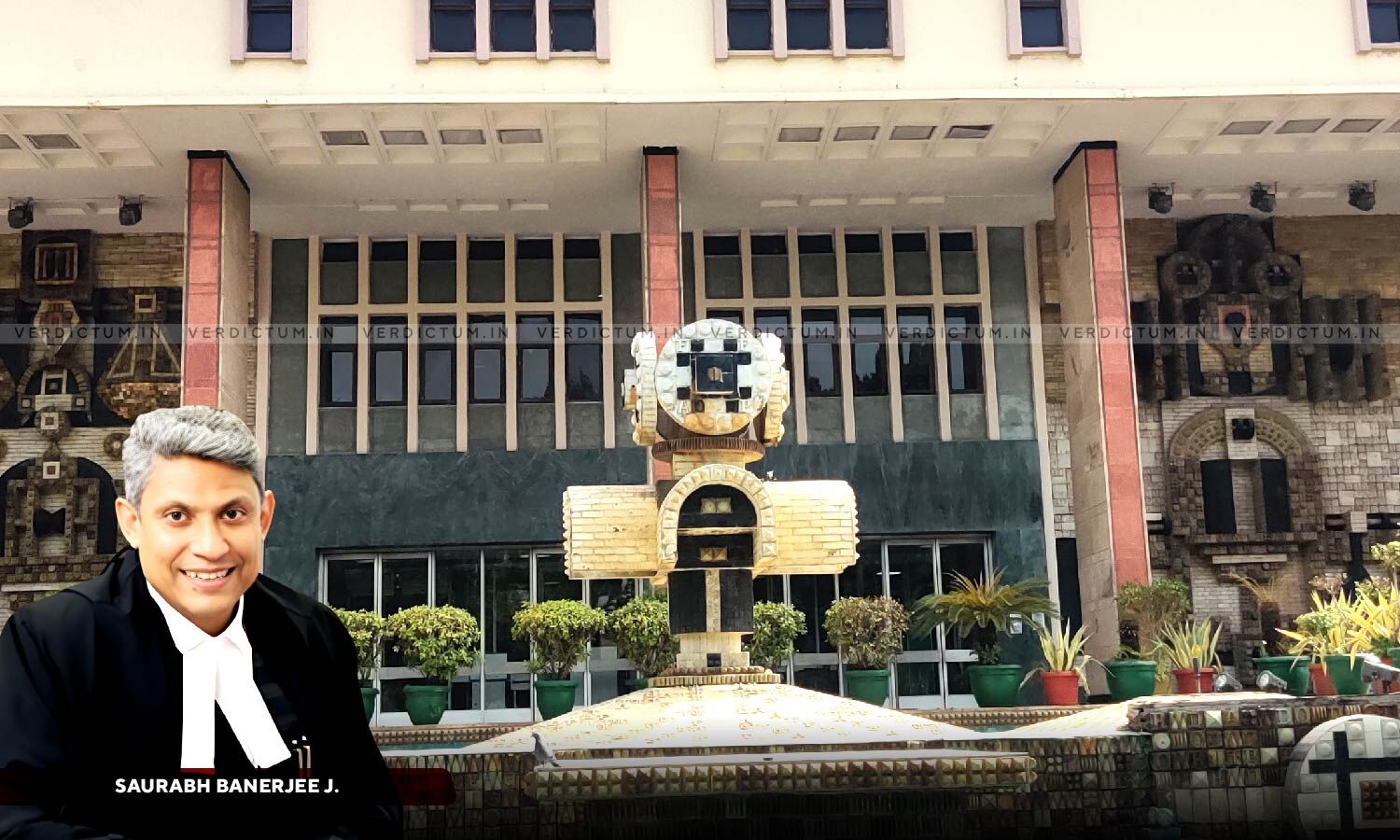Punjab & Haryana High Court Reduces Sentence In Food Adulteration Case

In a case pertaining to the Prevention of Food Adulteration Act, 1954, the Punjab and Haryana High Court has reduced the sentence of a man who was found in possession of colored Masur Dal, which was alleged to be used for public sale. The High Court noted that he had undergone a custody period of 7 days, and the sword of conviction had been hanging over his head for the last 26 years, as his revision could not be listed for final hearing because of the huge pendency.
The Punjab and Haryana High Court was considering a Revision filed by the accused Aditya Kumar (petitioner) who was convicted under Section 7 read with Section 16(1)(a)(i) of the Prevention of Food Adulteration Act, 1954 (PFA Act) and was sentenced to undergo rigorous imprisonment for a period for three months.
The Single Bench of Justice Deepak Gupta said, “Thus, the sword of conviction kept on hanging on the head of the petitioner for the last 26 years. It is easy to say that for almost all the time, the petitioner was on bail, but one cannot imagine the agony & trauma, which is faced by such a person, whose conviction has been recorded by the Court. The Court also cannot ignore the age factor, inasmuch as at the time when the offence was committed in 1999, petitioner was hardly 27 years of age. Now, after passing of the 26 years, he is 53 years of age and so, sending him behind bars at this stage to undergo the remainder of the sentence, will not be in the interest of justice.”
Advocate Salil Bali represented the Petitioner while Addl. A.G. R.K.S. Brar represented the Respondent.
Factual Background
The incident dates back to the year 1999 when the Government Food Inspector, Hisar, inspected the premises of the petitioner, who was found in possession of 20 kg of Dal Masur kept for public sale in a gunny bag. After completing statutory requirements, 600 g of Dal Masur was purchased for analysis. Report of the public analyst, Haryana, was received, as per which the sample was coloured with sunset yellow synthetic colour, whereas it should have been free from the same. The accused was alleged to have contravened the provisions of the PFA Act, 1954 and Rules, 1955 framed thereunder and as such, the prosecution was launched.
Arguments
One of the arguments raised by the Petitioner was that, though as per the prosecution case, the copy of the report of the Public Analyst along with the forwarding memo was sent to the petitioner-accused through registered post but there was no evidence to show that the accused was ever served with the said letter. It was contended that there was a non-compliance with Section 13(2) of the PFA Act.
It was also the petitioner’s case that there was no violation of Rule 29 of the PFA Rules on the part of the accused, inasmuch as the report of the Public Analyst showed that the sample was colored with added permitted sunset yellow synthetic color.
Reasoning
The Bench found that the copy of the report of the public analyst, along with the forwarding memo was sent to the accused through registered post. The Registered envelope containing the letter was never returned, raising a presumption that it was served upon the addressee, i.e. the accused. As per the Bench, the Trial Court had rightly observed that in the forwarding Memo, the complete address of the accused petitioner had been mentioned, specifically giving details of his shop. The Bench found no merit in this contention as in his statement under Section 313 CrPC, the accused never pleaded that he had not received the report of the Public Analyst along with the forwarding memo. Said contention was raised only for the first time during arguments and so had been rightly rejected by the trial Court.
Referring to rule 29, the Bench explained that, except for the food items, which are enumerated in Rule 29 of the PFA Rules, use of permitted synthetic food color is prohibited in any other food article. “The perusal of the Rule 29 of the PFA Rules would reveal that Dal Masur is not included therein and as such, use of synthetic food colour in Dal Masur is strictly prohibited and therefore, the contention of Ld. counsel for the petitioner that there was no violation of the Rules is without any merit”, it said.
Coming to the issue of sentence imposed upon the Petitioner, the Bench noted that the actual custody period was of seven days, and he was not involved in any other offence. It was also noticed that the offence in question was committed in September, 1999 and after a protracted trial of more than 8 years, he was ultimately convicted in October 2007. The sentence of the petitioner was suspended by this Court in January 2010, and he has been out on bail for the last more than 15 years.
Referring to various precedents and provisions of the Act, the Bench stated, “Thus, from the legal position as above, it emerges that when a conviction is recorded under the provisions of PFA Act, neither the accused can be granted the benefit of Probation of Offenders Act, 1958 nor he can be sentenced to the period of imprisonment lesser than as provided in the Act.”
The Bench also took note of the fact that the Supreme Court has held that a reasonably expeditious trial is an integral and essential part of the fundamental right to life and liberty enshrined in Article 21. The Apex Court has gone to the extent that speedy trial is of the essence of criminal justice and there can be no doubt that delay in trial by itself constitute a denial of justice. The High Court thus reduced the sentence of the petitioner to the period already undergone by him. However, the sentence of fine as imposed upon the petitioner was increased from Rs 500 to Rs 10000.
Cause Title: Aditya Kumar v. State of Haryana (Neutral Citation: 2025:PHHC:046022)
Appearance
Petitioner: Advocate Salil Bali
Respondent: Addl. A.G. R.K.S. Brar





